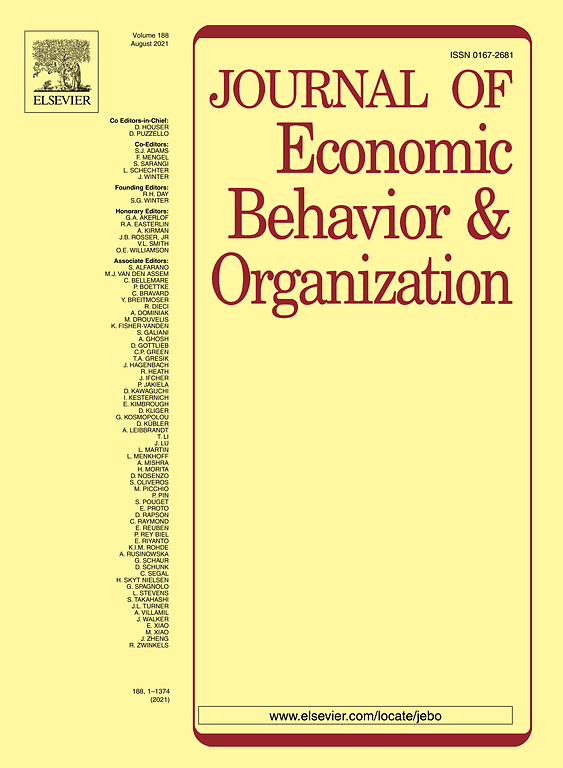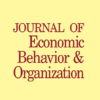Executive Summary
Recent studies suggest that an estimated 61 million rural migrants in China were living outside their hometowns with their children left behind. We examine the impact of parental migration on the social identity among children by conducting a field experiment with 311 children from a major labor-exporting area in China. By exploiting a natural setting on varying parental migration status, we want to study whether children interact with left-behind children and children under parental care differently. Children in our experiment make decisions to divide tokens between left-behind children and children under parental care. They also play a dictator game and an ultimatum game between themselves and another child, whose identity characteristics vary. We find that children, regardless of their own identity, show stronger generosity towards the left-behind children, propose sharing higher amounts with left-behind children, and are willing to accept lower proposed amounts from left-behind children.





